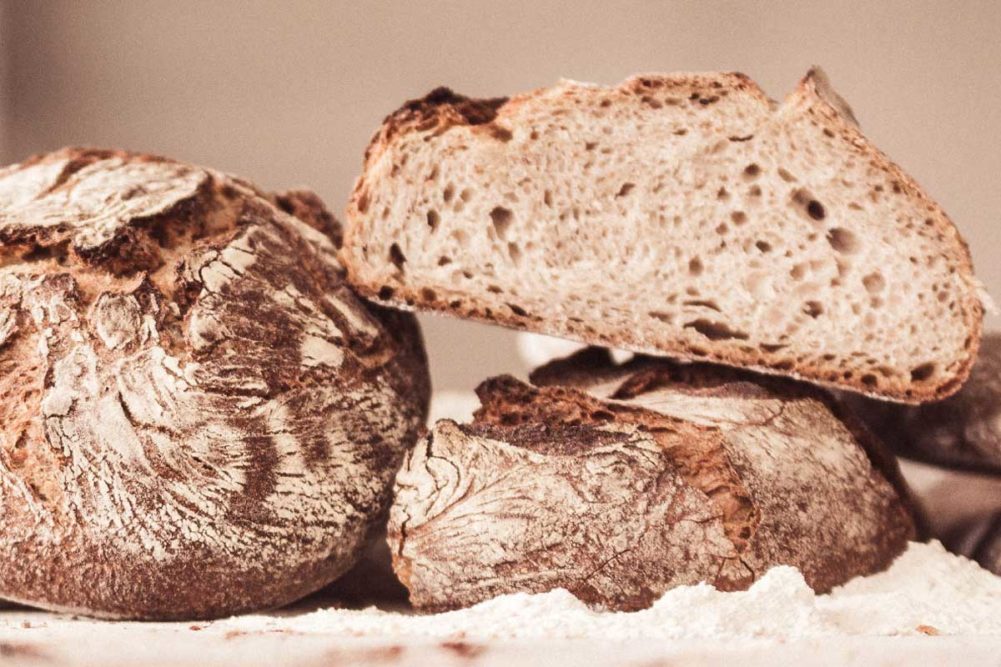BARCELONA — Europastry, a global baked foods manufacturer, is taking steps to make its operations and products more environmentally friendly. The baking company has committed to using 100% sustainable raw materials and set sustainability targets for 2021.
This transformation is not a single act but a mission that has been engrained in the company for years.
“Throughout our more than 30 years of existence as a company, we have been strengthening our commitment to sustainability through different actions,” said Saileela Kaka, product marketing manager of Europastry. “Our goal for the future is to continue working to achieve increasingly healthy and sustainable products.”
The company’s products are made with natural ingredients and processes that are completely powered by energy from renewable sources. Using green energy at all of Europastry’s production plants has enabled the company to avoid the emission of 50,000 tonnes of CO2 a year.
For 2021, Europastry has set a range of sustainability targets that include reducing the baking company’s carbon footprint by 36%, decreasing water consumption by 13% and lessening gas consumption by 8%.
With the help of local farmers, the company is committed to sourcing all of its flour from sustainable wheat. Farmers are using certified seeds, crop rotation, field-to-table traceability and reducing the use of fertilizers to ensure best practices. Products that use ingredients made under these conditions are identified through the “Responsible Wheat” seal. Europastry has harvested 5,300 hectares under these guidelines and is committed to expanding to 20,000 hectares by 2025.
Because of the collaboration with farmers, millers, manufacturers, distributors and local suppliers, there is not only transparency from field-to-table but also an environmental impact by reduced food miles of products. Recyclable packaging is used for all products. Those products are then distributed through sustainable fleets, including electric bicycles, natural gas-powered trucks and mega-trucks with a larger freight capacity. Europastry also is working to reduce plastic, paper and cartons through packaging redesigns, reusing containers and recycling.
“All the actors in the food chain have to collaborate and do their part to ensure that the planet is inhabitable for our children,” said Jordi Galles, chief executive officer, Europastry. “What will coming generations say about us if we go beyond the point of no return when we still have the means to avoid it? Together with our suppliers and customers, we want to lead this change.”






